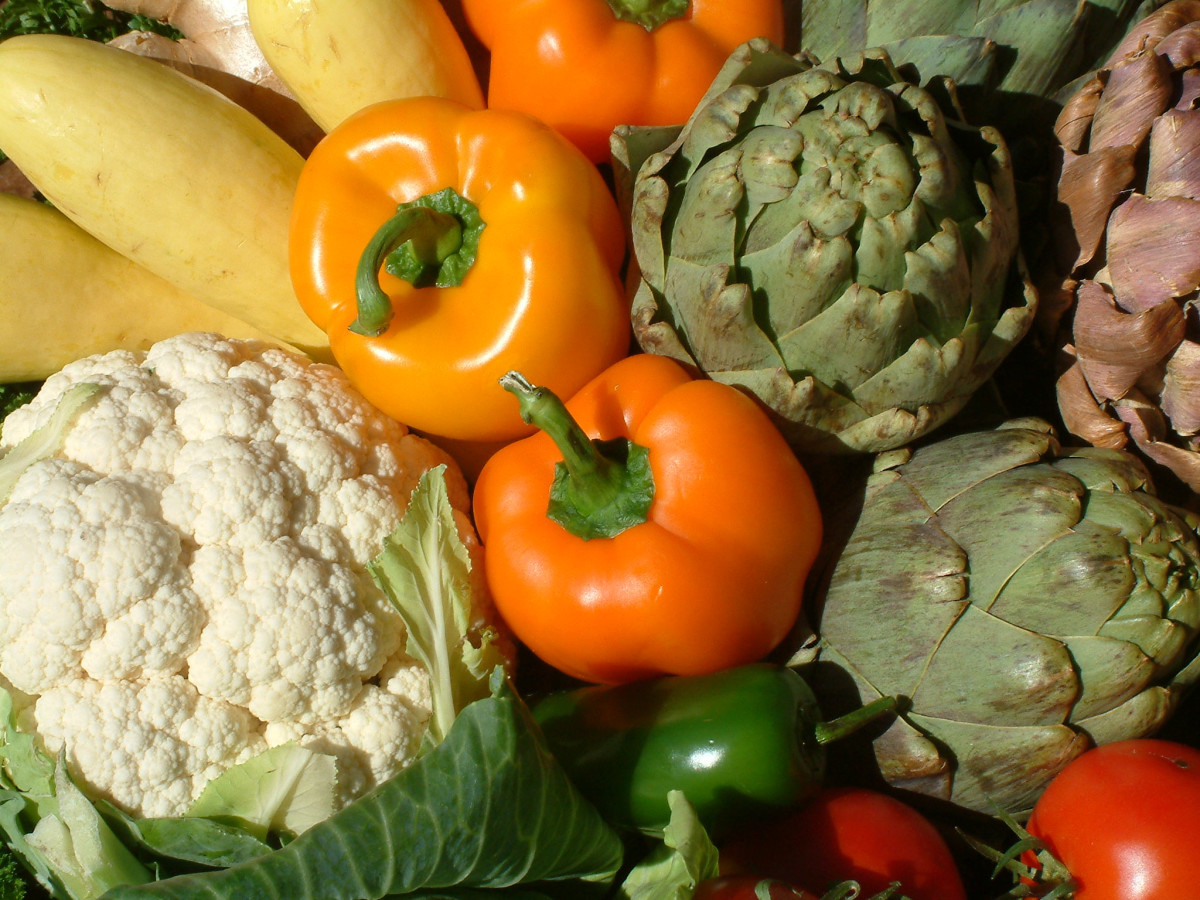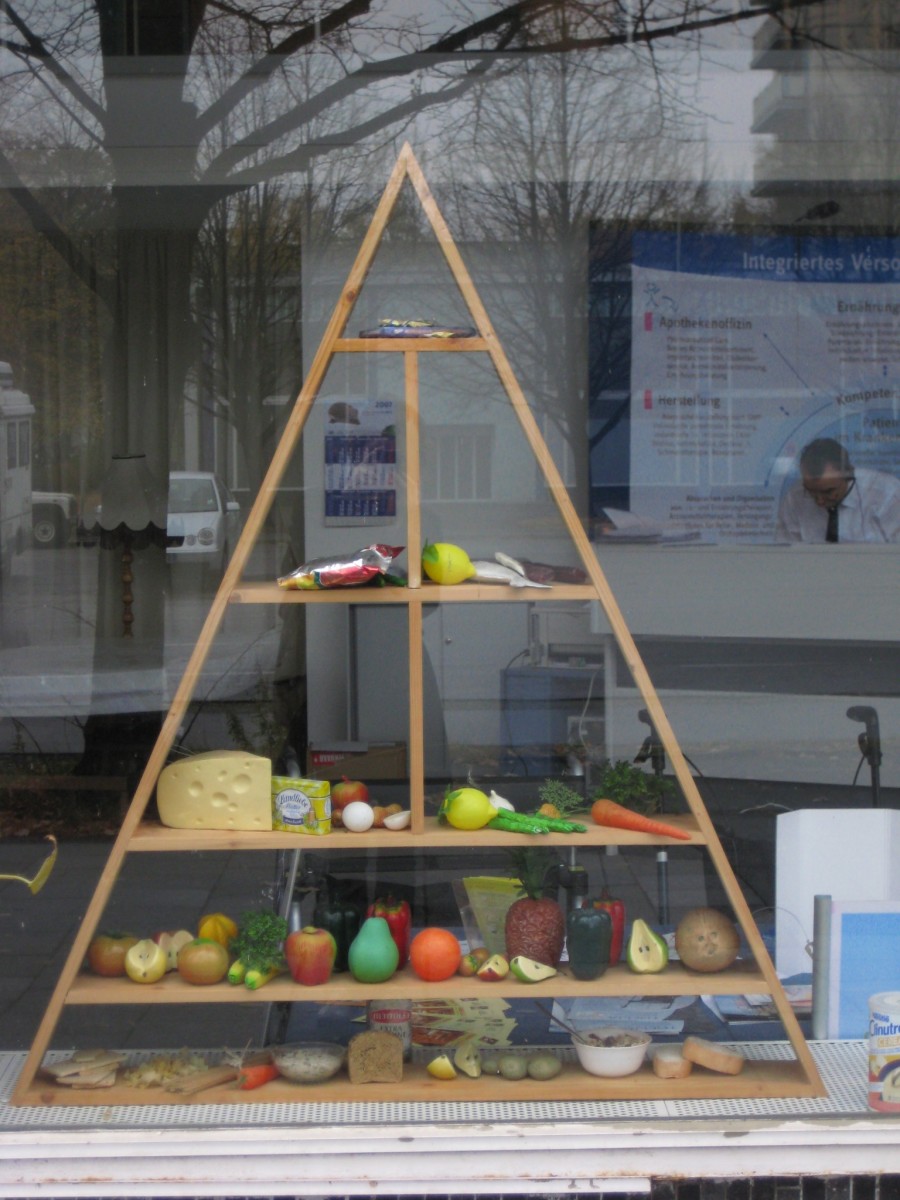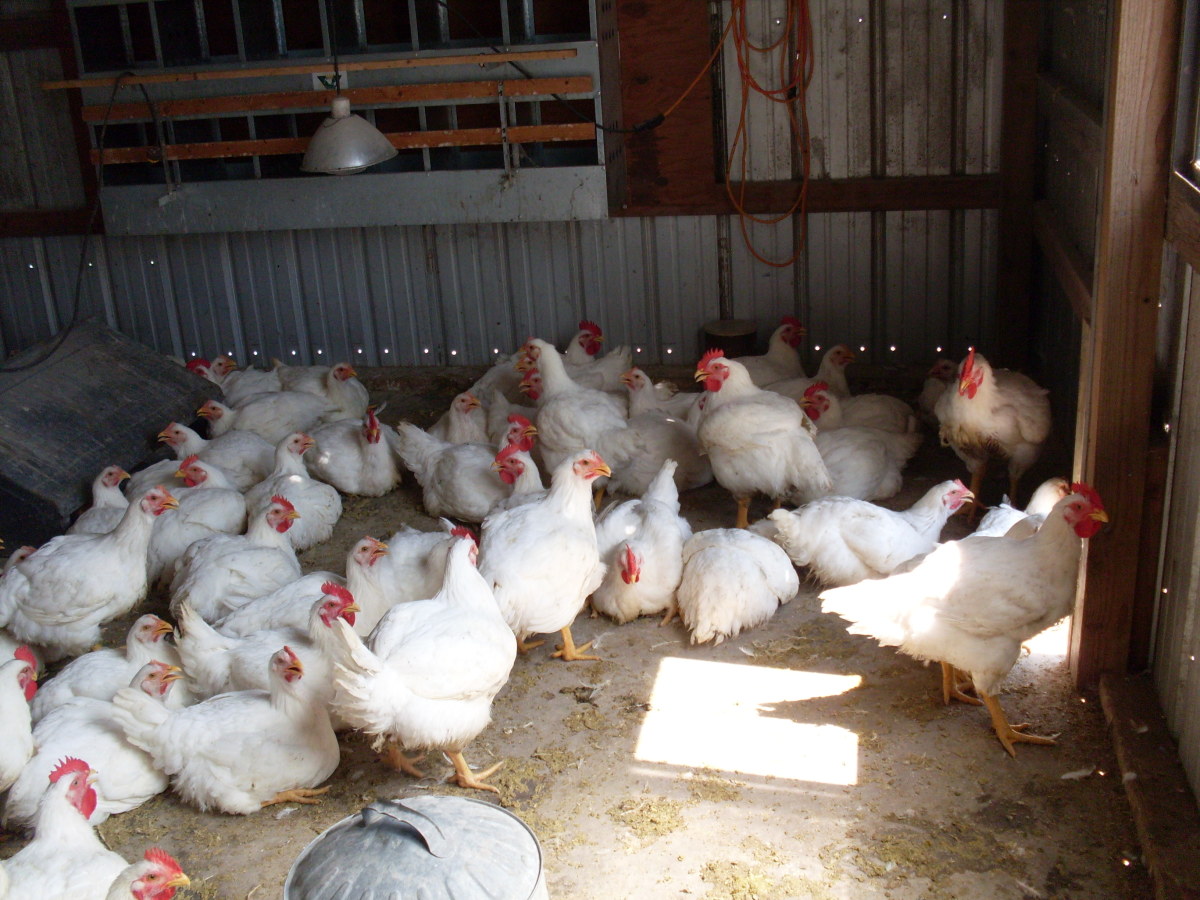Should We All Be Vegetarians?
The question of whether it's justifiable to kill an animal simply so we can have the pleasure of eating it must be one of the longest-running of all ethical consumerism debates. Exclusively non-animal diets have been relatively common in Asia since the development of ancient religions such as Jainism, and Europe first grappled with the concept just as long ago. Pythagoras, Plato, Socrates and Ovid all expressed doubts about the ethics of meat. Western vegetarianism as we know it today, however, didn't really take off until the beginning of the nineteenth century. The tireless campaigning of the appropriately named William Cowherd, a reverend from Salford, started the ball rolling and the term itself was coined in 1847 by the newly formed Vegetarian Society. (The society made a point of deriving the phrase from vegetus, Latin for lively, rather than vegetable, though this seems somewhat academic considering that both words come from the same Latin root.) Numbers have grown ever since, and today 5% of the adult population in the UK describe themselves as vegetarian, with many more consciously limiting their meat intake.
Some people choose vegetarianism on the simple ethical grounds that they don't want to commission the deaths of animals. Others, however, choose a meat free diet in order to try and be healthier or more environmentally friendly. So are these reasons valid? Overall, yes, vegetarian diets tend to be somewhat healthier and greener, though the extent to which this is true depends on the details of the diets being compared.
From a health perspective, the scientific literature shows fairly clearly that vegetarians have a significantly reduced chance of ischemic heart disease, certain cancers and some other health problems. But a vegetarian diet consisting primarily of pizza, chips and ready meals may be thoroughly unhealthy - and certainly less healthy than a well balanced diet containing some meat. Similarly, a vegetarian diet will tend to be greener and more animal-friendly than a non-vegetarian diet but the rule won't always be true. Milk and cheese have a very high carbon footprint and, as we'll see, egg-laying chickens and dairy cows often face animal-welfare problems at least as serious as those faced by animals reared for meat. In addition, male chicks from egg-laying stock are killed at birth, while dairy products rely on a constant stream of calves being born, most of which are slaughtered for meat to avoid an ever-growing bovine population. So vegetarians still contribute to the deaths of animals, you might argue, and intensively farmed milk and eggs are not environmentally or morally superior to, for example, organic chicken. Indeed, according to one American study coauthored by Gidon Eshel at BardCollege, a diet with protein from chicken has a lower carbon footprint than one featuring cheese and eggs.
These contradictions could lead you to decide not to be a vegetarian as such, but to simply limit your intake of animal products. Another response would be to go vegan, and abstain from dairy and eggs as well as meat. Veganism grew out of the vegetarian movement in the first half of the twentieth century, and it generally sees itself as the logical conclusion of that movement (as is implied by the term "vegan": the beginning and the end of the word vegetarian). It is a much bigger commitment than vegetarianism, ruling out many foods and guaranteeing a considerable degree of inconvenience when eating out or travelling. But it's ultimately a more coherent ideology, at least from the ecological and animal-welfare perspectives.
Even veganism isn't enough for some, who ask why we should draw the line at plants. Fruitarians only eat fruits, berries, olives, tomatoes, nuts and other foods that can be eaten without deliberately harming any organism, and which save energy by eliminating the energy needed for cooking, refrigeration or even washing up. This is one branch of green consumerism that it's hard to see ever really taking off.







